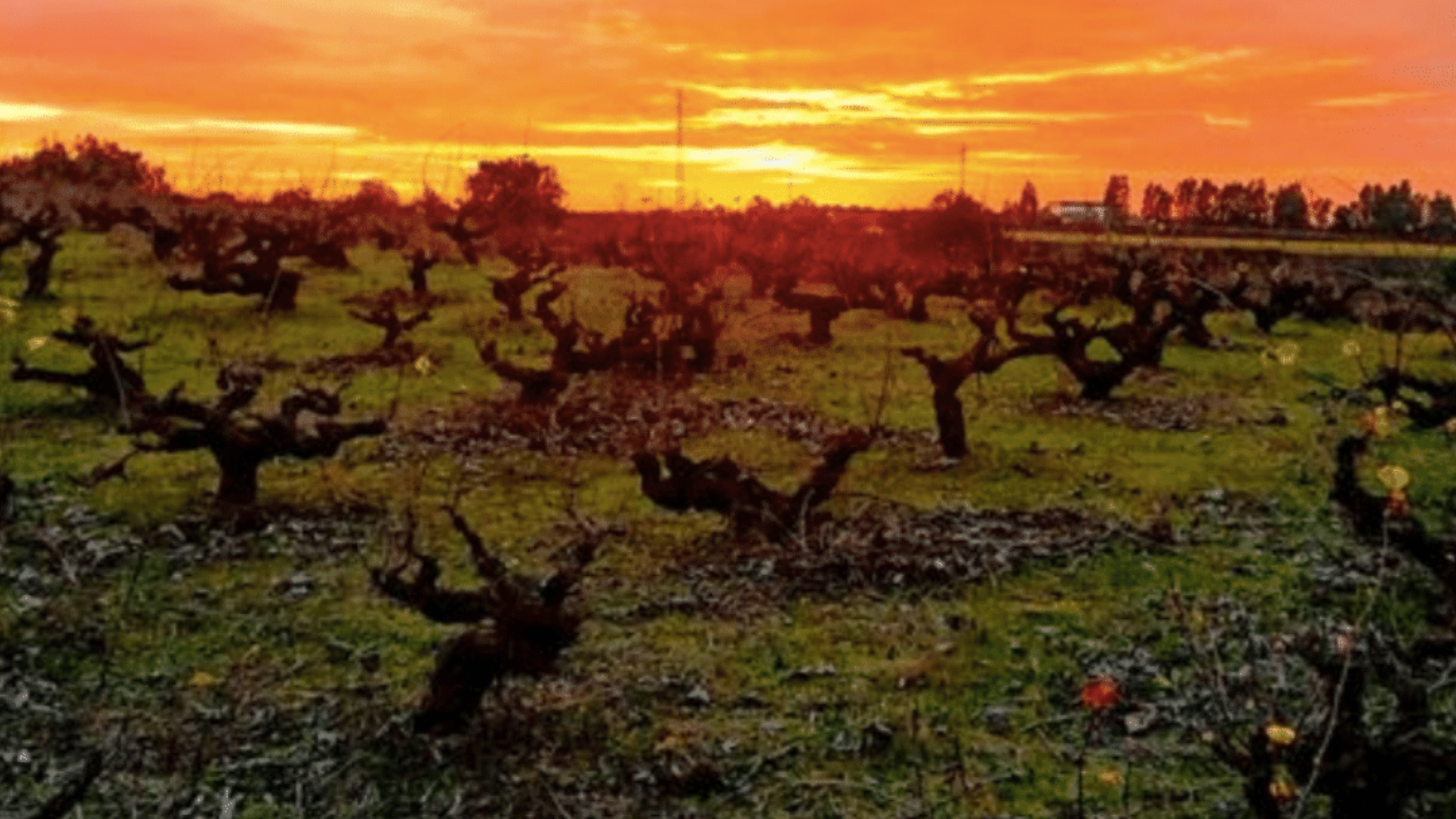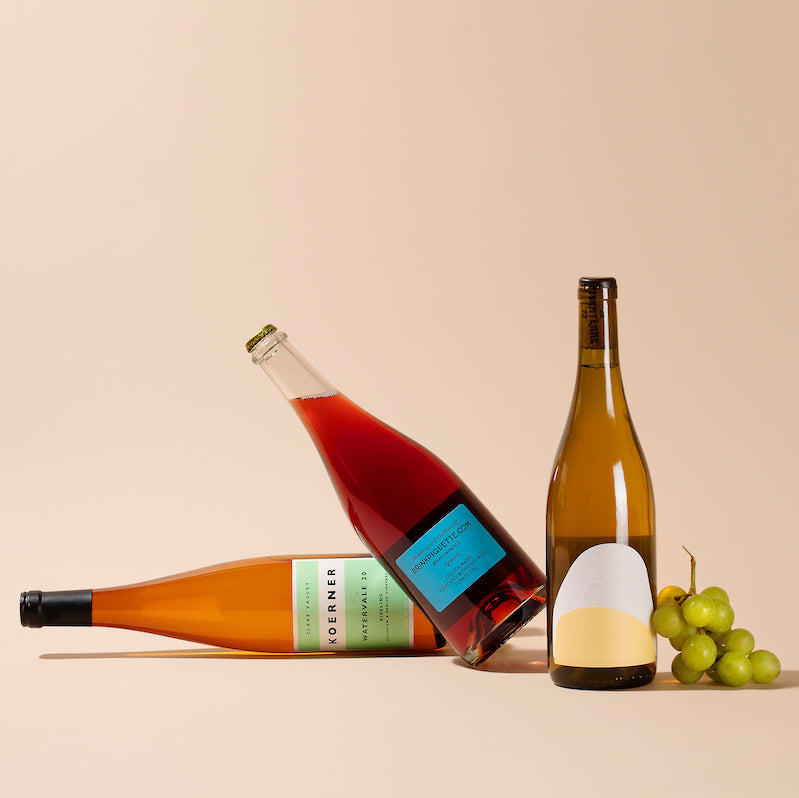Welcome to the March 3 Bottle Club from MYSA Natural Wine!
A note from our founder:
Spring is around the corner! (Unless you live in Western Mass like us and lost power in the snow storm, in which case we're still skiing lol!) We have a mix that feels like spring with a lighter red, a medium bodied white, and an aged orange that will make you go WOW! People say all the time you can't age natural wine and this wine is proof that that is some BS! I hope you enjoy!!
-Holly, Founder - MYSA Natural Wine
- Red Blend - Limited Addition
- Tintorela VDF White - Domaine Ribiera
- Red Zalema - Bodegas Garay
- Wine Evaluation Sheet
Red Blend - Limited Addition
Eola-Amity Hills - USA
Description:

A deep cherry red natural wine made from a blend of red grapes with one being an interesting clone of the Bastardo variety. This clone of Trousseau has a berry fruit-forward flavor, earthy notes, and a mossy minerality.
Pairings:
Serving Instructions: 55°- 60°F
About Limited Addition

Ltd.+ are our personal handmade wines raised from our collaborations with inspired farmers to develop a diverse and sustainable wine landscape in Oregon’s Willamette Valley. These wines are made from alternative varieties through thoughtful farming and winemaking practices. - Constant Crush
Tintorela VDF White - Domaine Ribiera
Languedoc-Roussillon - France
Description:

A Languedoc-Roussillon natural white wine made from blended Grenache Blanc and Malvoisie. This stone fruit-forward natural wine from France has floral and herb notes, hints of spice, and subtle minerality.
Pairings: Mussels in lemon Garlic-Butter Sauce, Herb & Parmesan Crusted Fish, Summer Fruit Salad
Serving Instructions: 44°- 55°F
About Domaine Ribiera

Regis Pichon works 7.5 hecatares of vines on sloping shiste hills surrounding the small village of Aspiran in the Languedoc. He grows a range of grapes from Cinsault, Syrah and Grenache to Terette, Roussanne and Clairette . Before making wine, Regis worked as a sommelier in one of the world’s great cellars at La Tour d’Argent in Paris and at the equally renowned wine shop Hediard, where he met his wife Catherine. In 2005, Regis decided to move his family from the city to a tiny village and begin making wine. It wasn’t his background in the classics of Bordeaux or Burgundy that inspired him, but rather a bottle of Pierre Overnoy from Arbois in the Jura that opened his eyes to natural wine beauty.The wine was cleaner than he had thought a wine without sulphur wine could be and so much easier to drink than the extracted, conventional wines that he worked with daily as a sommelier. He knew that making wine rather than pouring it was his true path. Today Regis leases a small winery and shares space with David Caer, from Clos Mathélisse. They have their sights set, however, on co-owing a larger winery in the future. Regis ferments with naturally occurring yeasts and only adds small amounts of sulphur at bottling to his roughly 22,000 bottles a year. -Zev Rovine
Red Zalema - Bodegas Garay
Andalusia - Spain
Description:

A Condado de Huelva natural white wine made from Zalema grapes in Andalusia, Spain. This skin-contact natural wine has intense stone fruit flavors, notes of oaky apple juice, toasted nuts, light tannins, medium aciidity and a long fruity finish!
Pairings: Fish Casserole, Seared Foie Gras with Caramelized Figs, Seafood Rice Skillet
Serving Temperature: 43°- 50°F
About Bodegas Garay

His (Mario) organic vineyards are easy to spot amongst those of his neighbors. His wines represent the salty ocean influence of his calcareous soils. We only caught the tail end of the 2014 vintage so there’s not much wine to go round, but enough to preview what’s in store for the years to come. The wines flirt with an oxidative sherry style given the similarities in region and variety. Bleu spends 6 months in French oak, Red 6 months in American, and Negro Roto 1 year under flor. All wines unfortified, unfined, and unfiltered. We couldn’t be more excited to import these wines representing a region so close to us. - Selections de la Vina
Wine Evaluation Sheet
Want to have some fun evaluating and taking note on your wine? Check out our natural wine tasting sheets we made special for the club!


